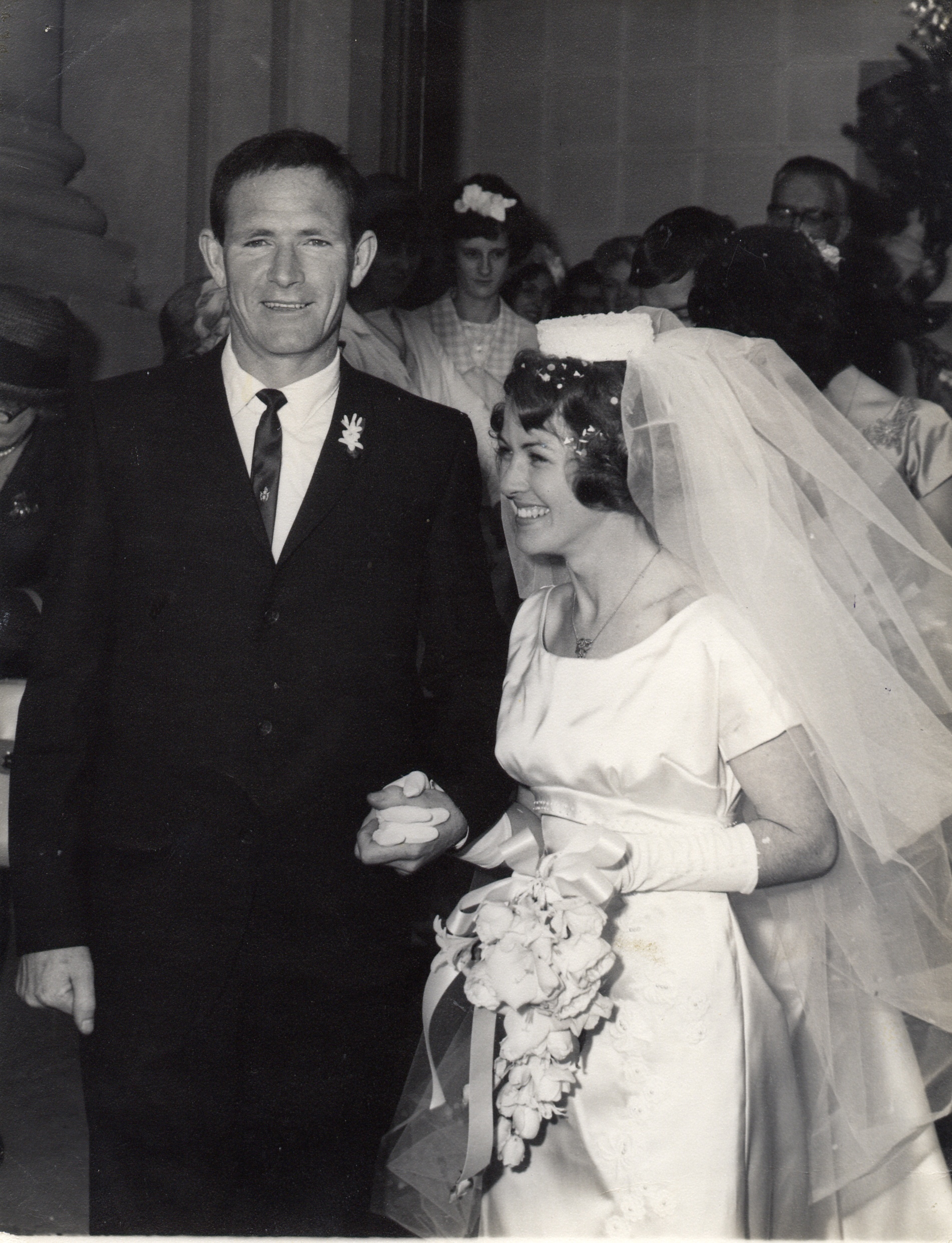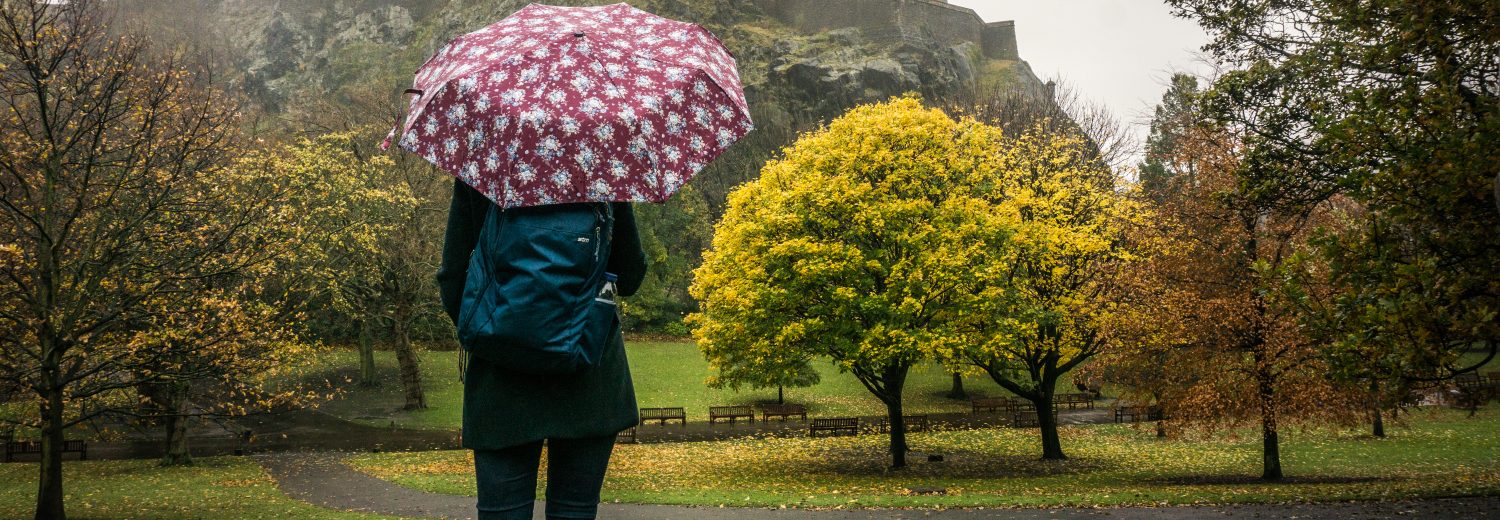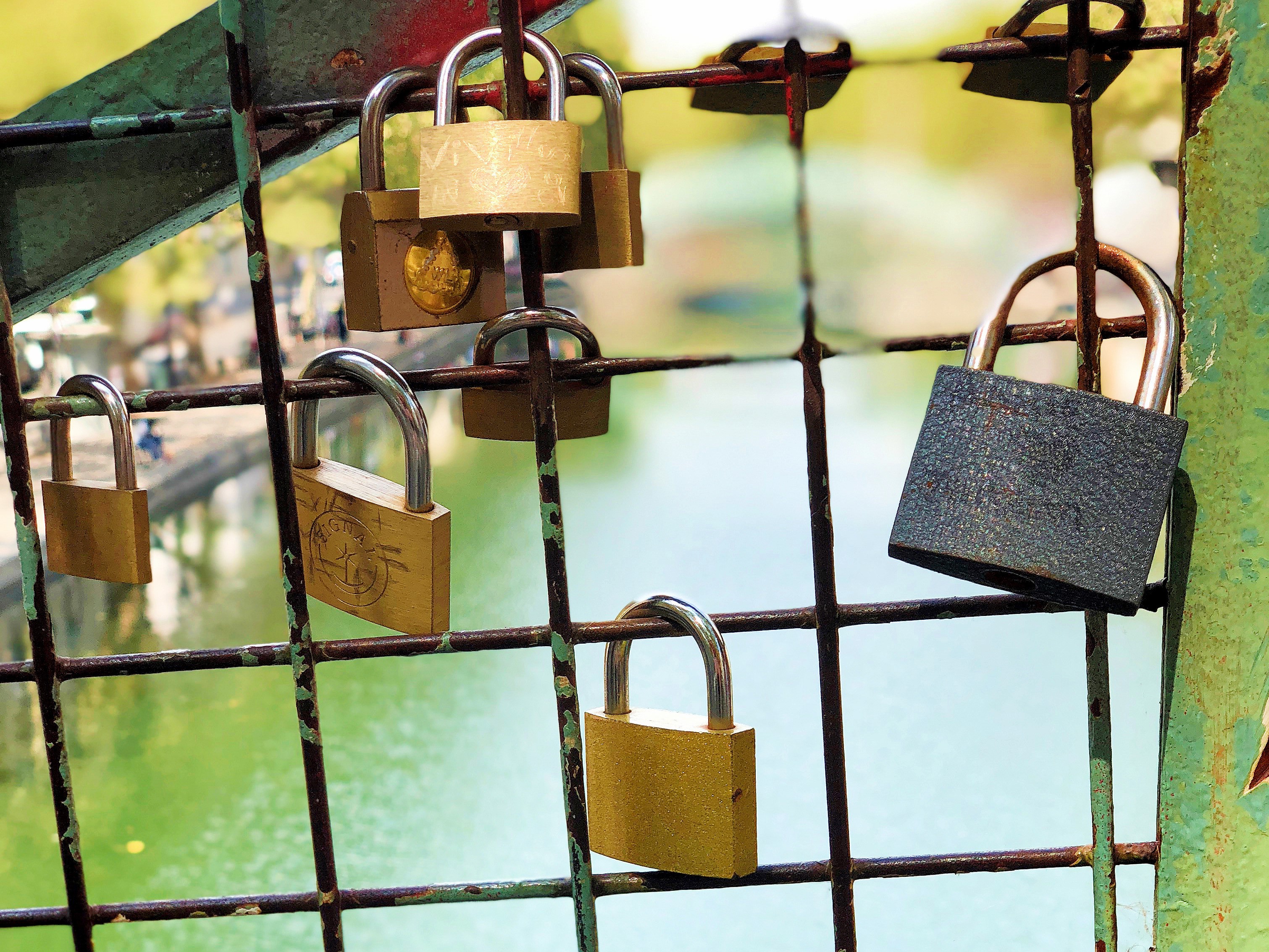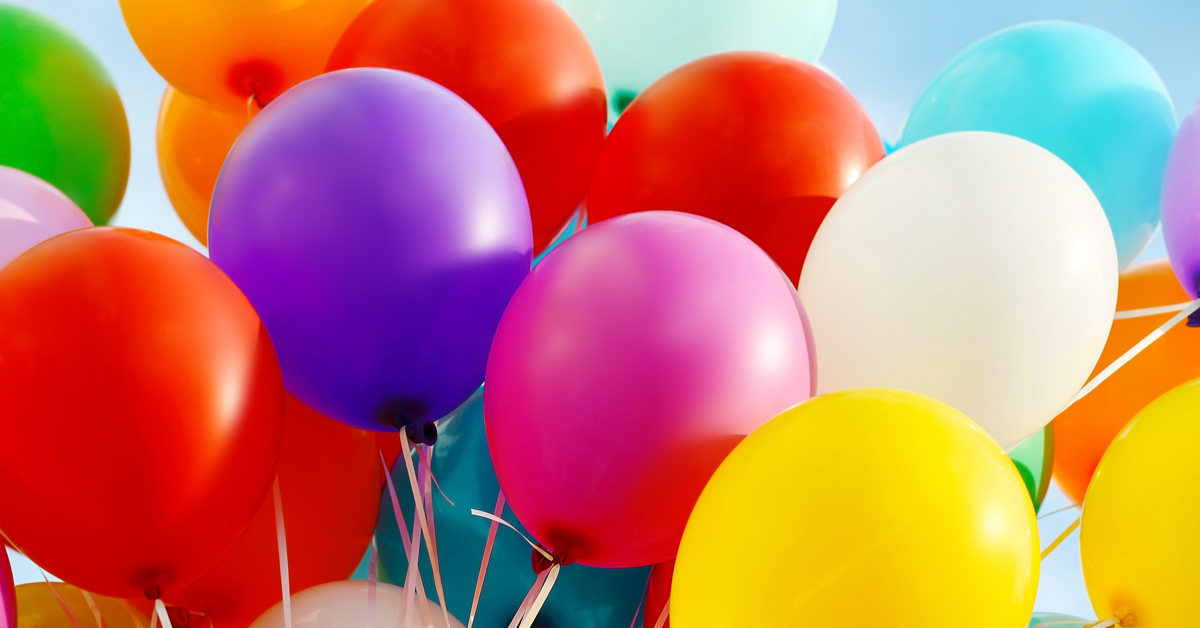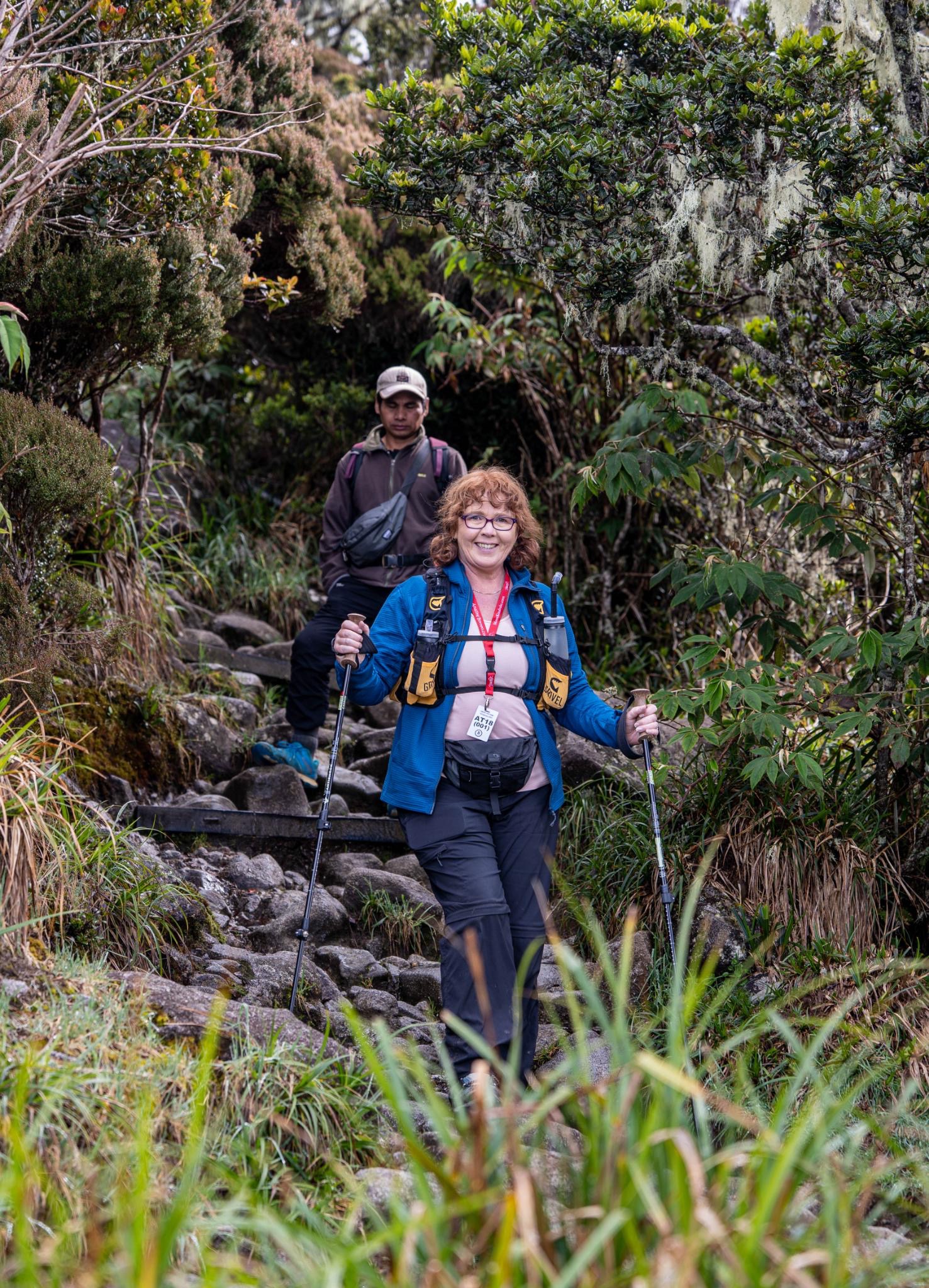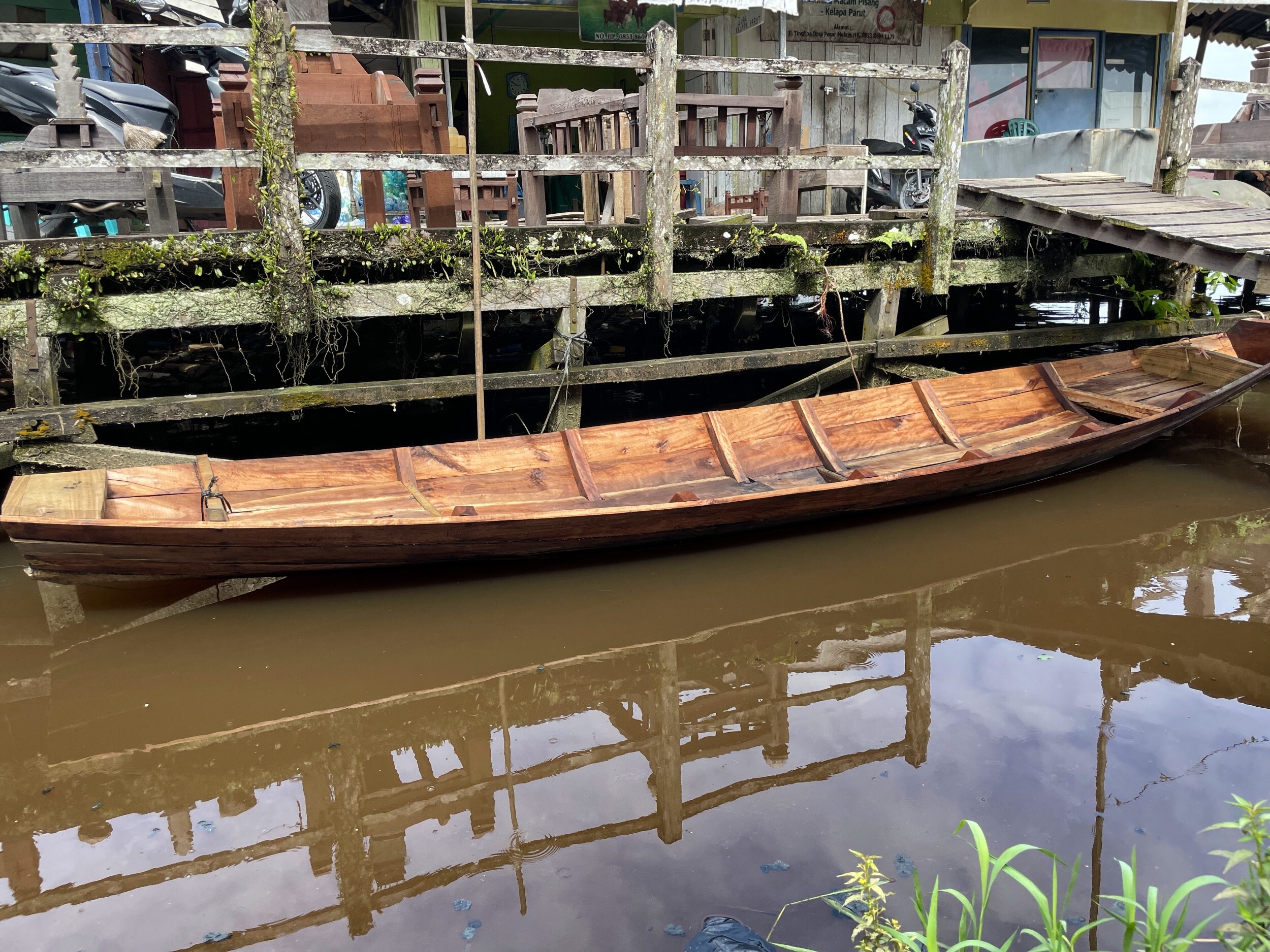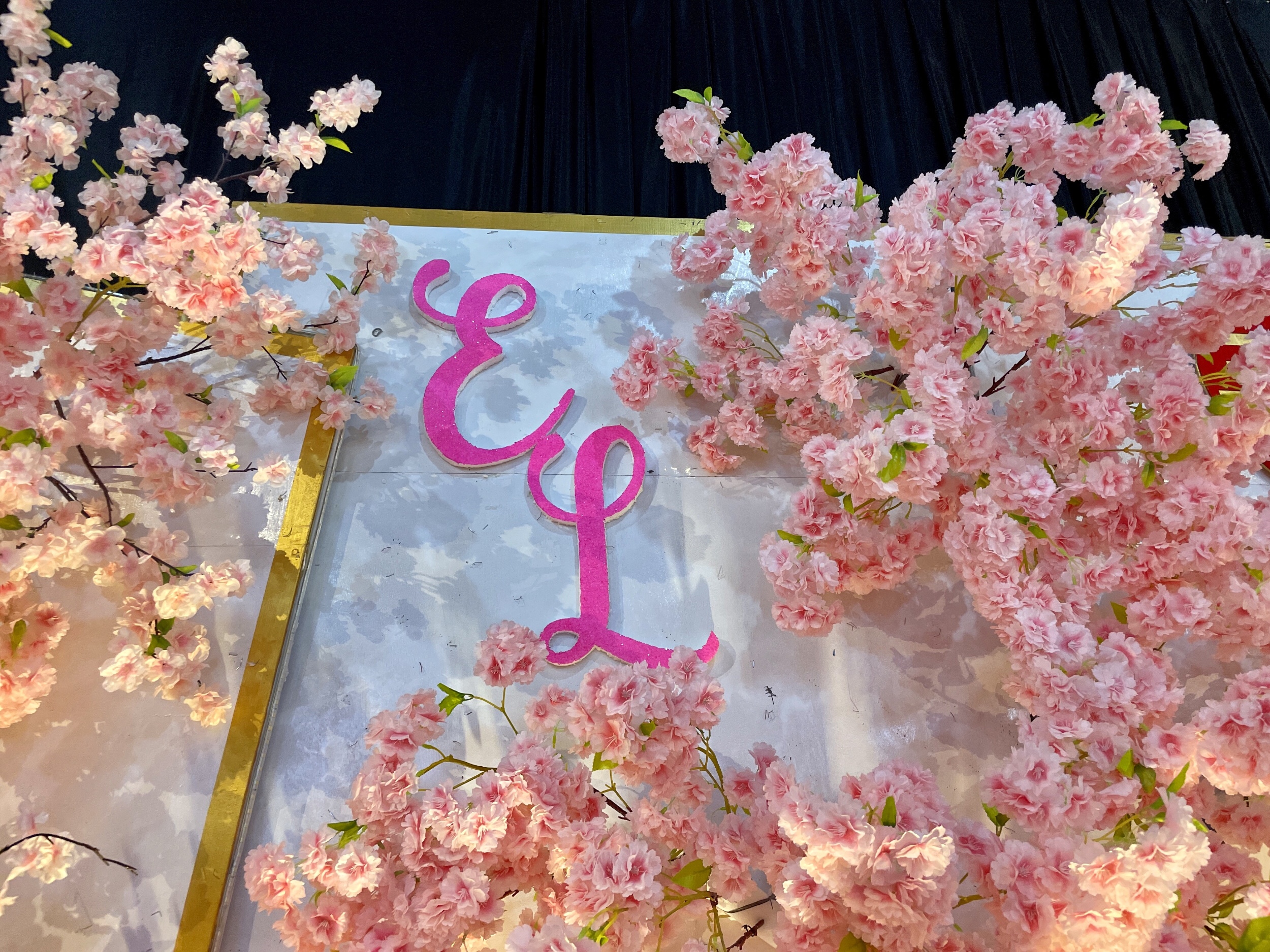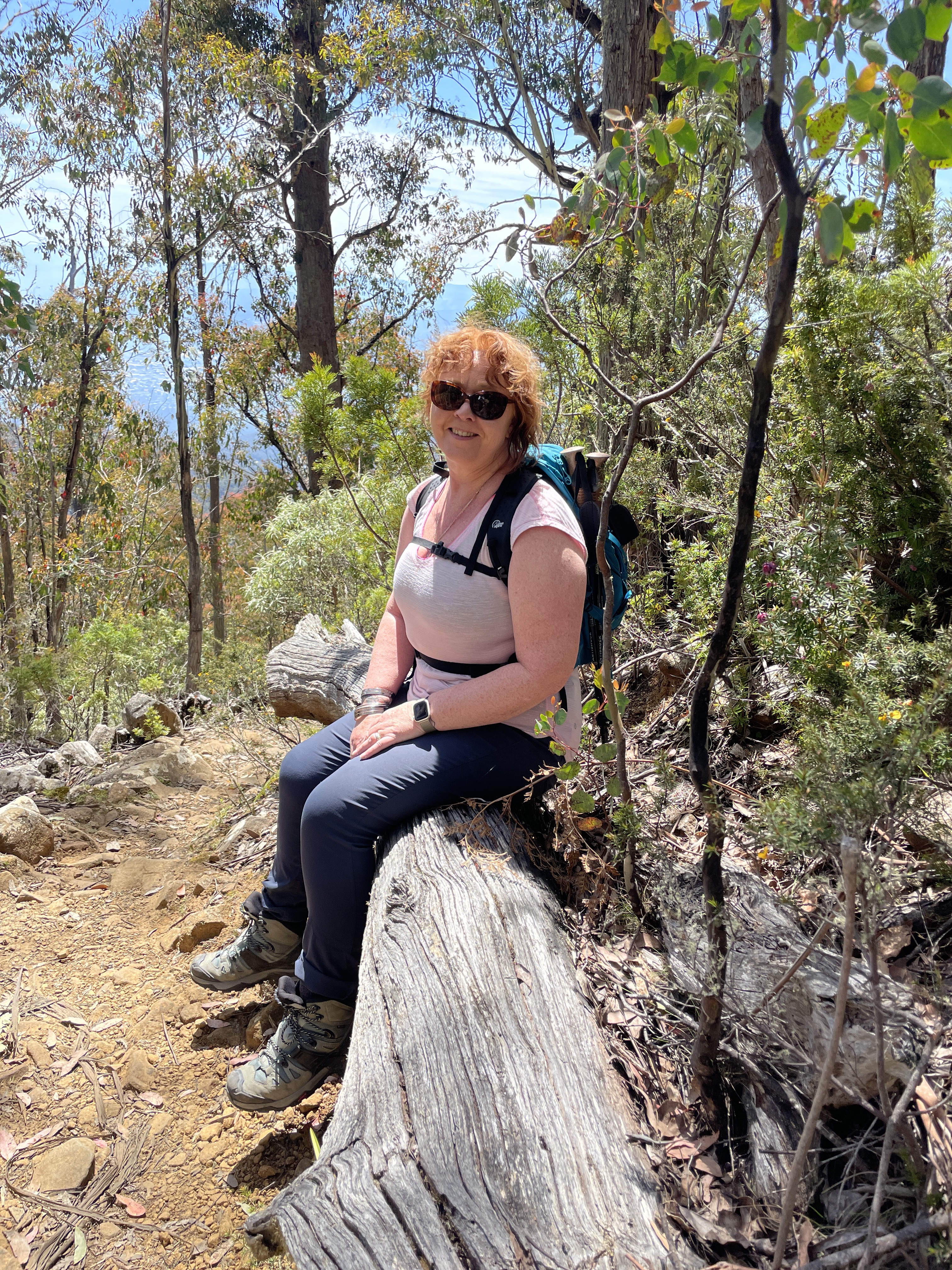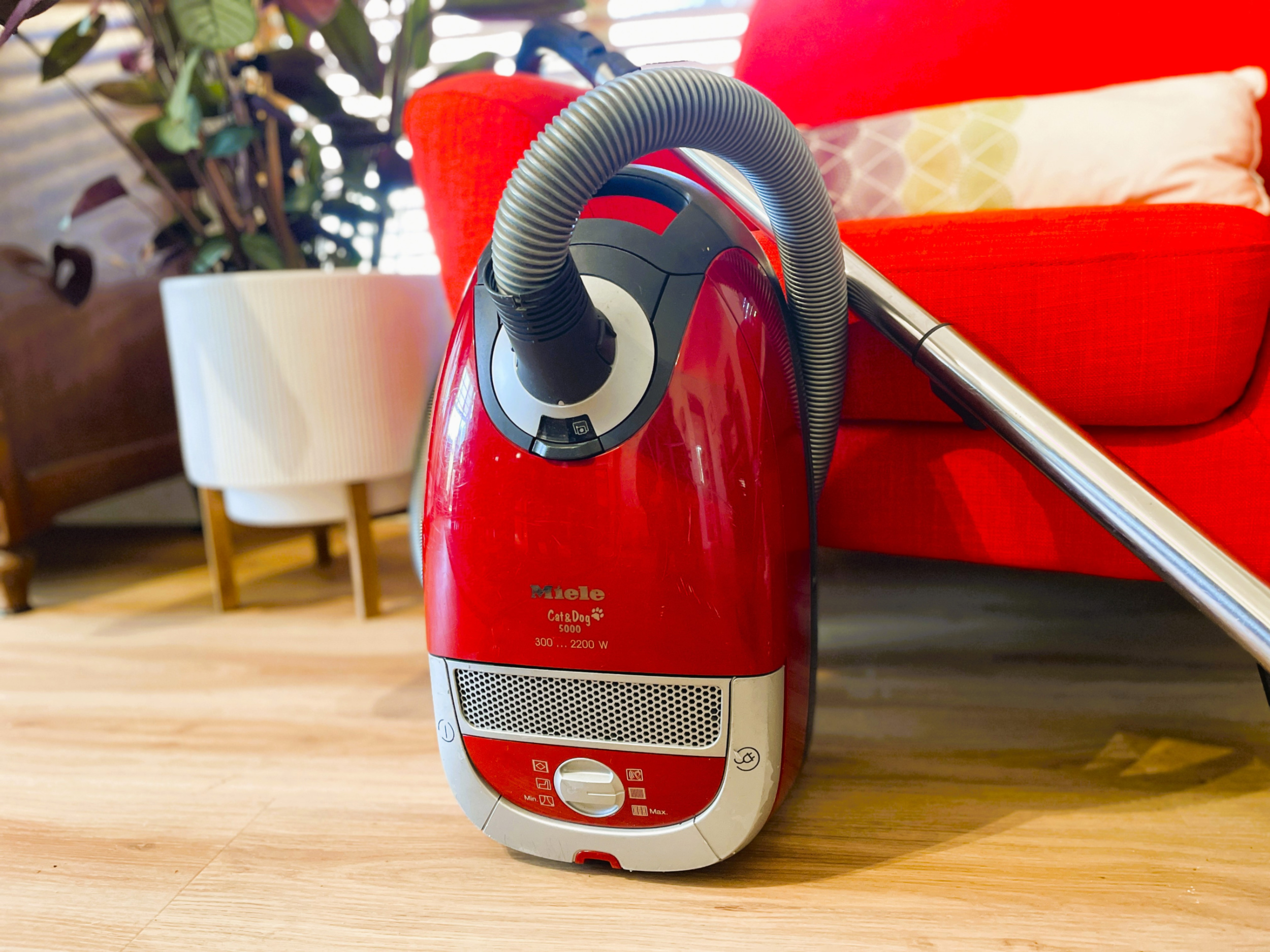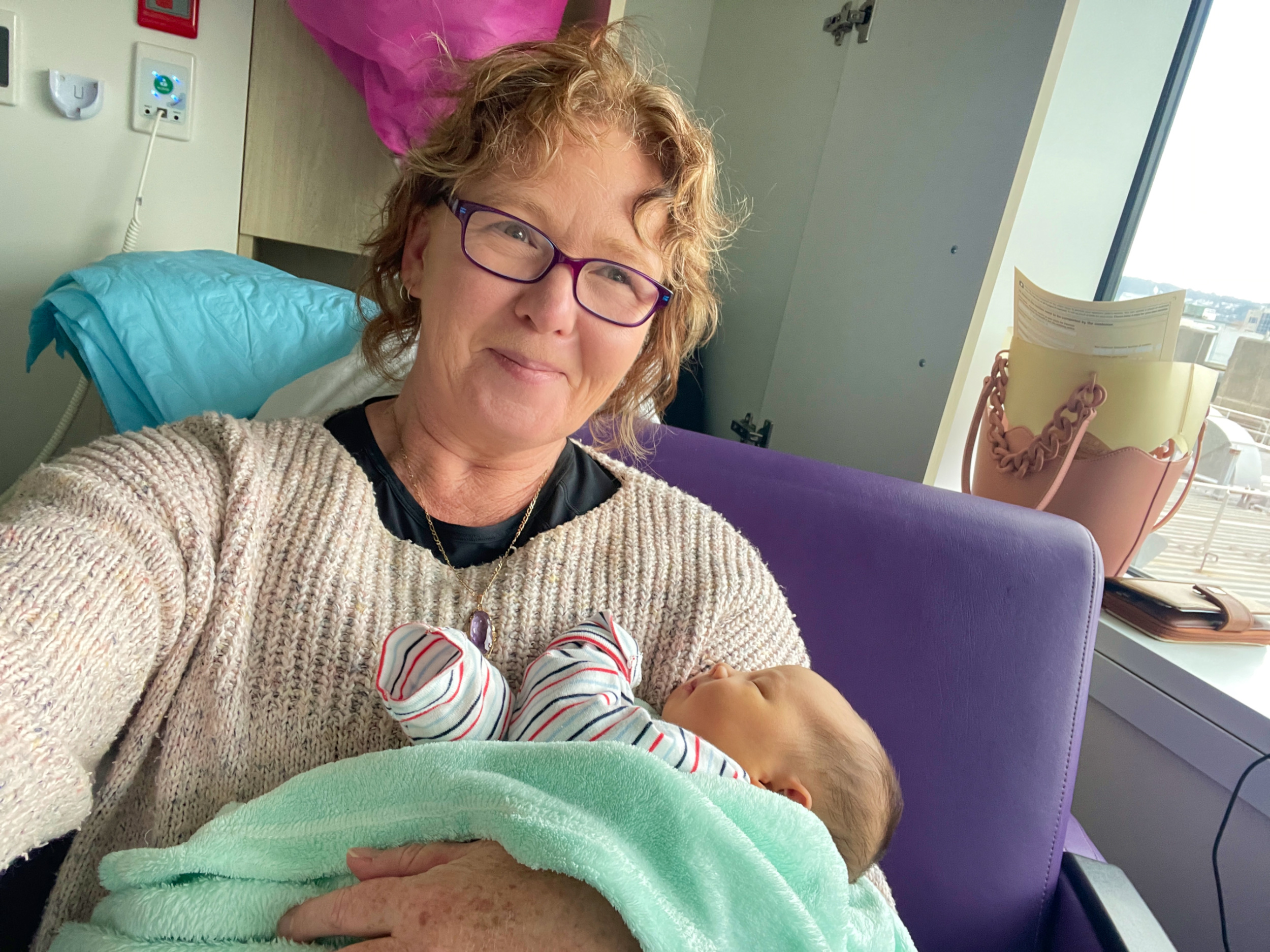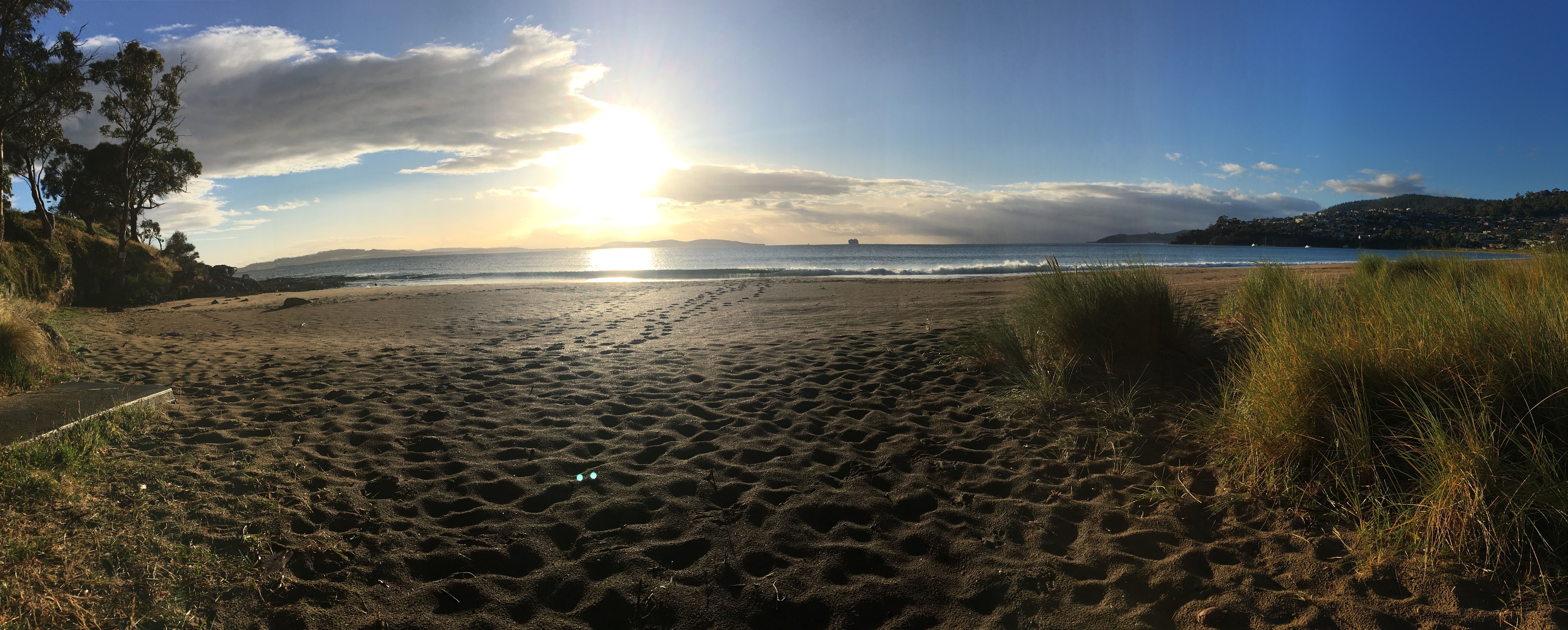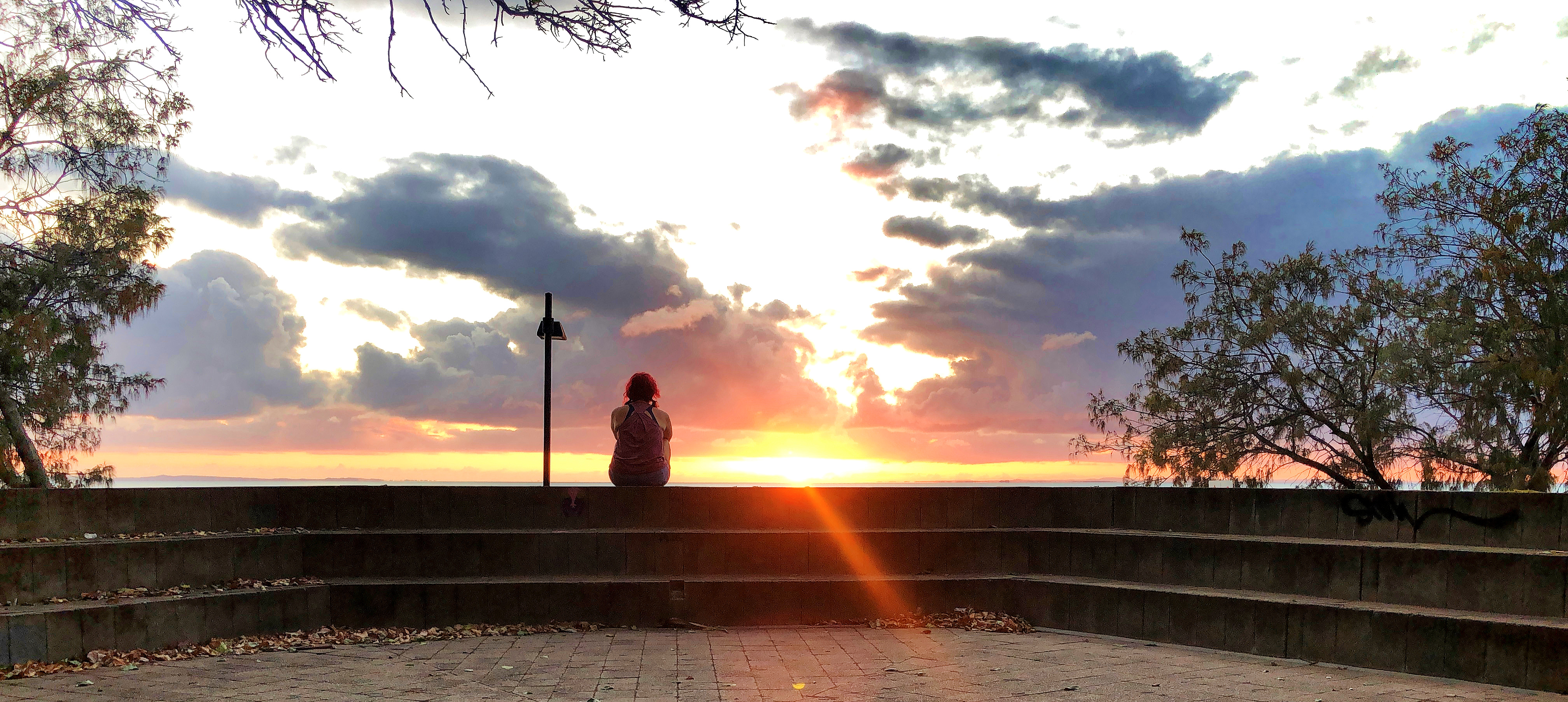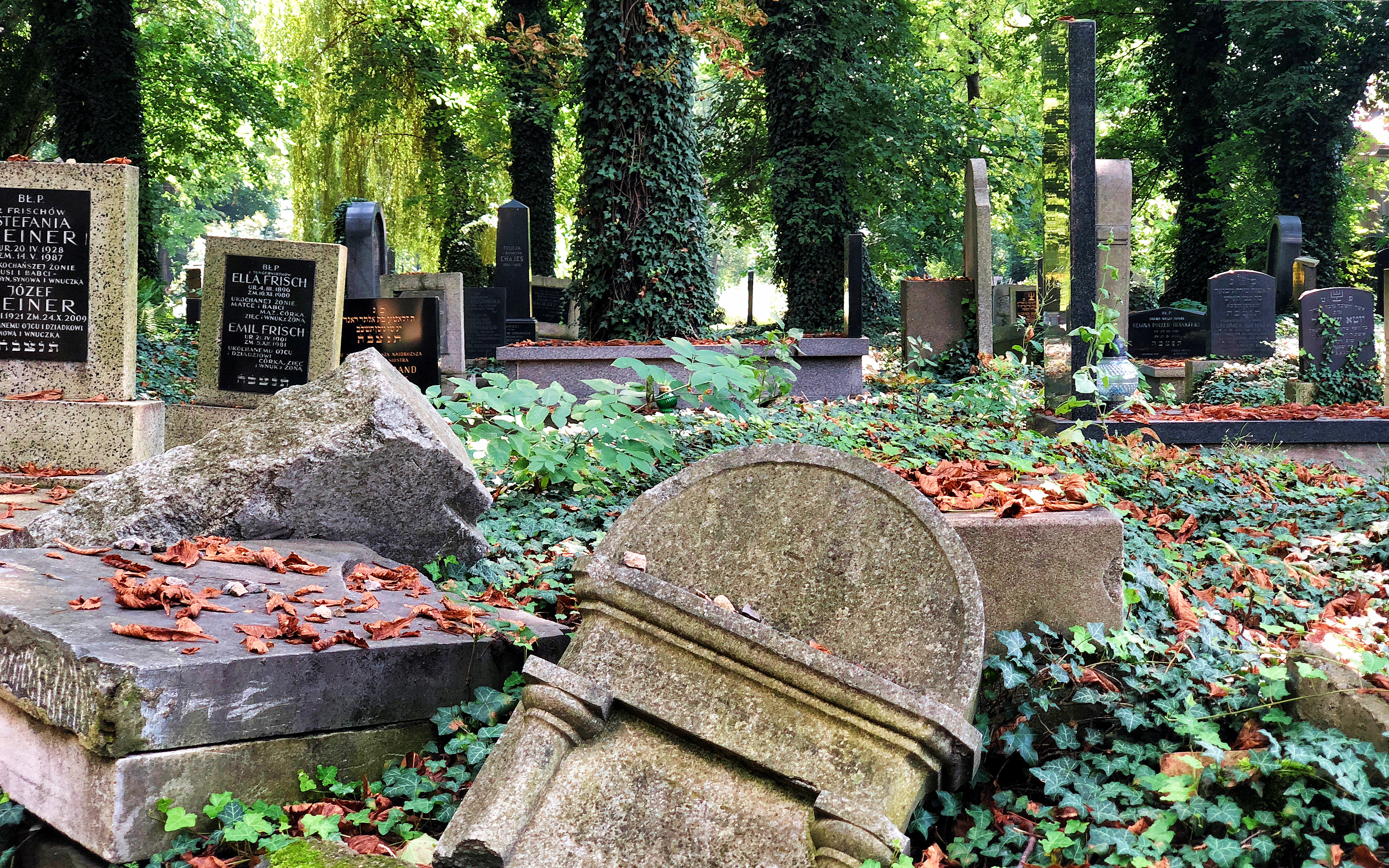PERMANENTLY TEMPORARY
I live in a state of being permanently temporary. I guess we all do to some extent… But since ceasing paid employment at the end of 2017, my routine has been – to put it mildly – flexible. I like it this way.
It’s very bad for me.
I remember back (like it was just yesterday) to my little toddlers and how much they pushed against routine, but how much it benefited them. And the whole family. I feel like that toddler. I don’t want routine – I want to eat, sleep, play, work, as I please. But without routine I have no boundaries, and without boundaries I waft around in the ether moving from one urgent project to the next, with no sense of purpose or structure.
Everything in my life feels temporary.
The unpainted walls in my kitchen I can’t bear to look at. It’s been 15 years now.
The downstairs bathroom awaiting a bath so we use it as a storage cupboard – 18 years so far.
The clothes in my wardrobe I no longer fit. Again. Just waiting for me to “get back to…”
Writing – my book, editing projects, this blog…
My adored cat, 13 years old and fit and well, but time marches on and he’s elderly now.
Ditto for my dad – 86 years old. My time with him is precious and valuable, because it’s far from permanent.
My children’s presence in my life. As they mature into adulthood, work and girlfriends, they disappear from my house. Come back when necessity dictates. But living with them is temporary – they’ll go soon and it will just be my husband and I. And a clean house…
Everyone I know and love. I’ve lost enough people to know anyone can go at any moment. You just never know…
When I worked – outside the home – I had structure. Get up, shower, eat breakfast, work, cook dinner, relax, go to bed. Repeat.
Now I have no structure.
My sleep is erratic – sometimes I stay awake all night, getting barely two hours sleep. Sometimes I want to sleep for three days.
My eating is erratic. What I want, when I want. If I want it at all…
My work is erratic – writing my book, maintaining this blog, assisting my friend launch her new business.
My socialising is erratic. I barely stay in contact with friends and family. Feel guilty. Then reach out because I miss them. Then drift away again because life feels too hard.
The answer my friends, is blowin’ in the wind.
Structure. I have no external timelines to adhere to, so I have to create them for myself. And to be successful in that, I need external support – accountability. My routine needs to be non-negotiable – just as it was when I went to work. I started at 9am and finished at 3pm. It wasn’t negotiable – I had to be there, and my eating/sleeping/socialising was structured around that.
I need structure.
Non-negotiable times to get up each day.
Non-negotiable times to eat each day.
Regular contact with friends, because connection to humanity is part of the thread that holds me here.
My house… a source of tremendous shame and disappointment, and I do nothing whatsoever to maintain it. I don’t clean or tidy – I’ve let it go because I can’t bear it. There are so many aspects of my house beyond my control. But there are also lots of aspects well within my control, and my focus needs to be there.
Timelines for all the projects I dabble in – so I don’t let anyone down. Myself included. This is the biggest area I need structure in. I focus on a single project to the detriment of everything – including sleeping, eating and basic self care. Creating structure around unpaid work is no easy task, but as the oft-repeated phrase states quite clearly, life isn’t meant to be easy. Not for me. Not for you. Not for anyone. We all make choices, and I can choose to waft around in the ether feeling unstructured, without purpose, and guilty for letting everything and everyone go. Or I can choose to create routine and solicit support from my supernaturally supportive network of adored people, and find a bit of peace in my life as a result.
Structure is purpose.
Life without purpose is very difficult to live. Why am I here and why bother? become oft-repeated phrases. Structuring a routine of working on projects and meeting with friends, gives me a reason to get out of bed, and a focus outside myself. It helps create a vision of the future. Focusing on the meaningless existence of my life, is not helpful for a healthy mindset.
Just like the ankle bone is connected to the knee bone, routine is connected to meaningful existence, which is connected to why I am here, which is connected to a vision of my future self, which is connected to a healthy mindset here and now. Tomorrow my friends, I will establish a routine and invite external support to provide accountability. Tomorrow…

